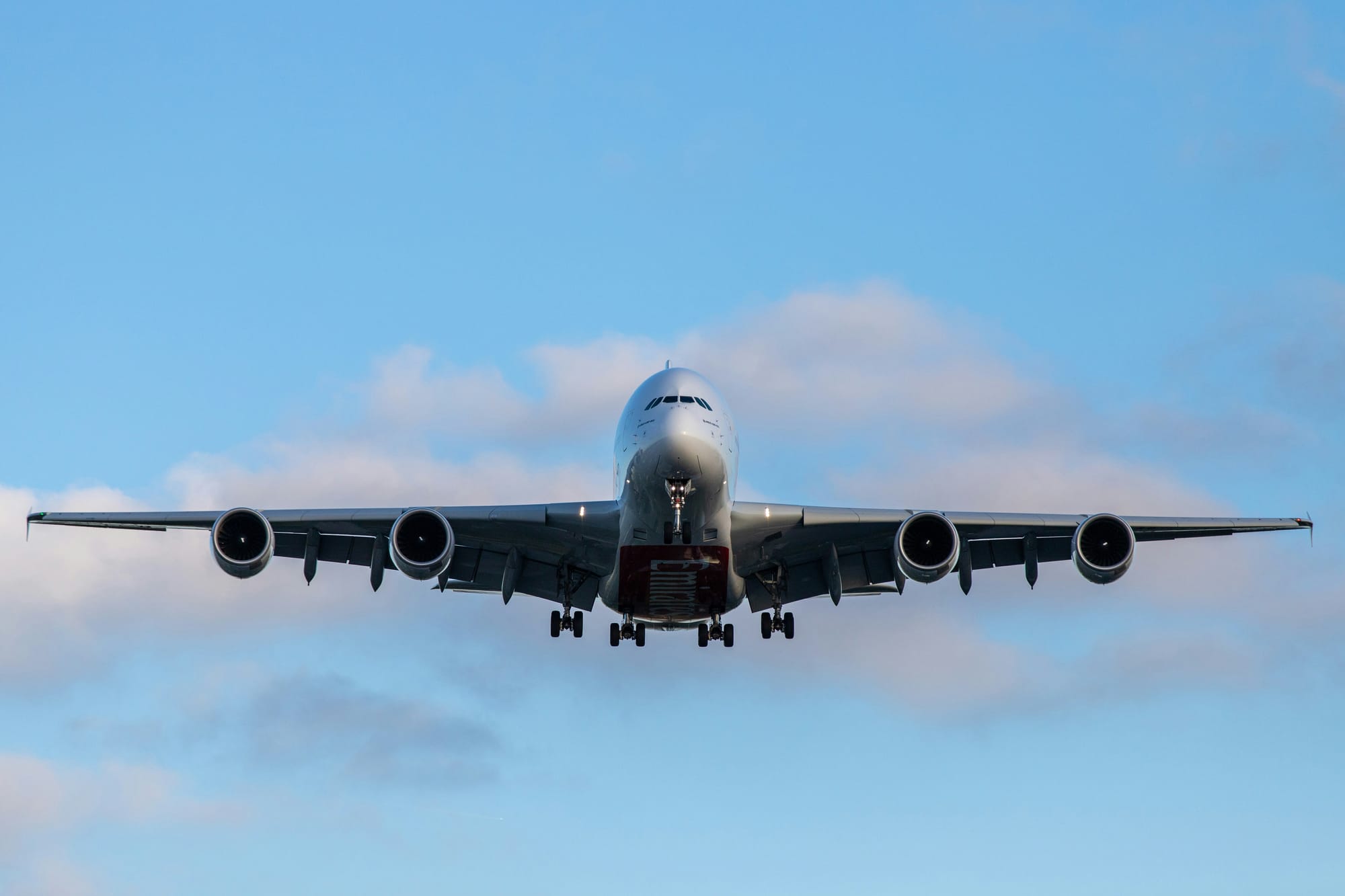Is the Boeing 737 Past its Prime? Time to Retire a Legacy?
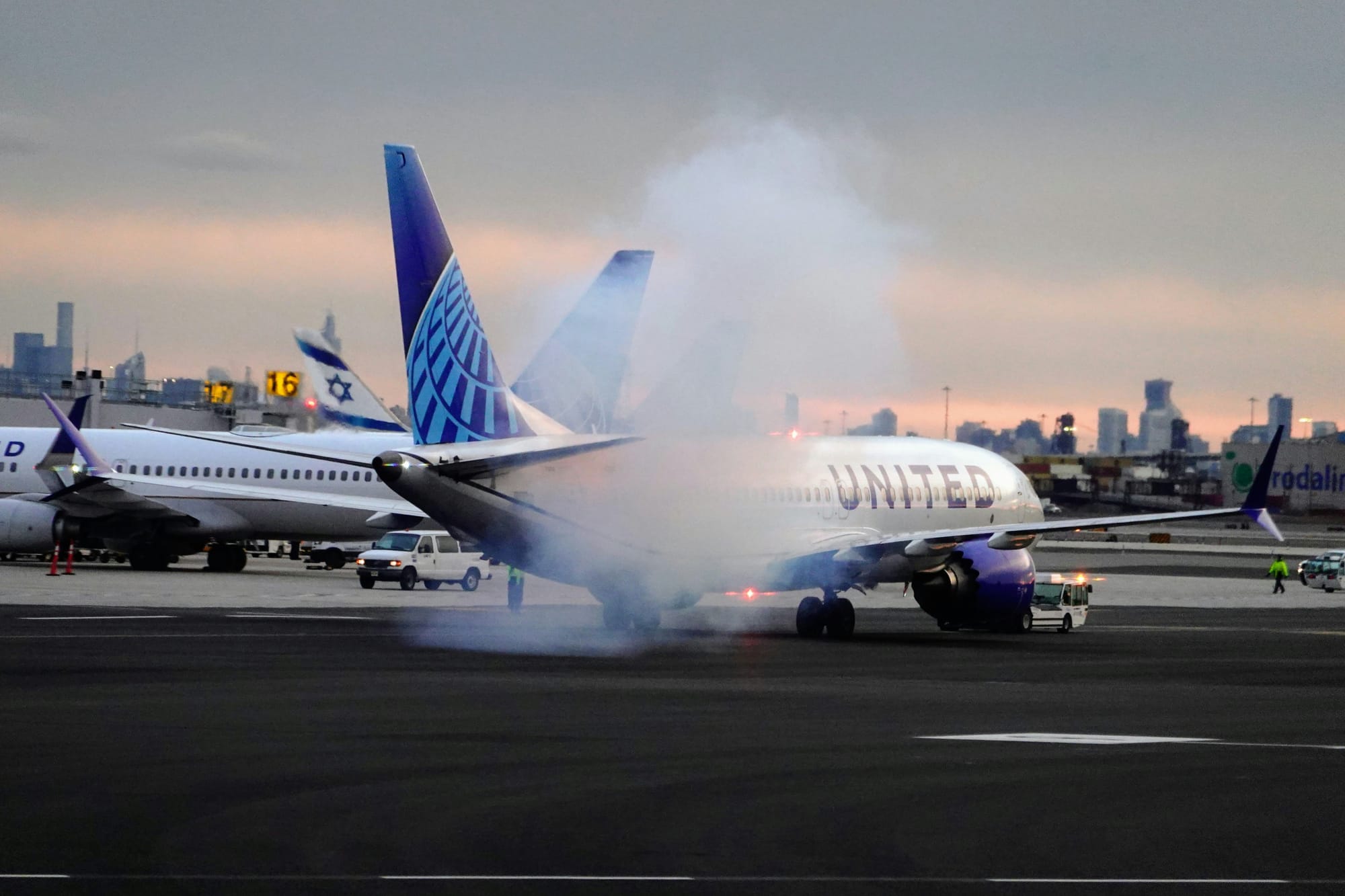
The Boeing 737 is a workhorse of the skies. Introduced in 1968, it's the best-selling commercial jetliner in history, with over 15,000 orders placed across various models. However, the aircraft's long history raises a crucial question: is the 737, even in its latest MAX iteration, an outdated design clinging to past glory, or is it a testament to Boeing's enduring engineering excellence?
The Shadow of the 737 MAX
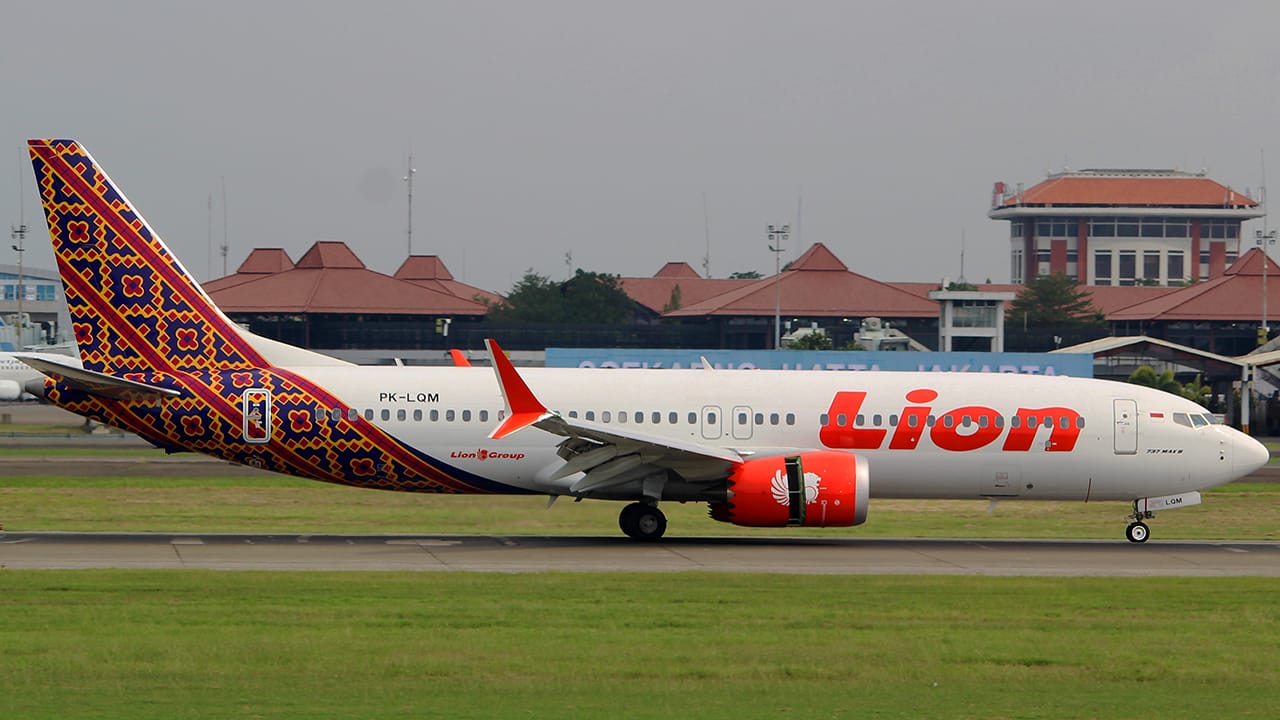
The 737 MAX's troubled history casts a long shadow. Two fatal crashes in 2018 and 2019, attributed to a faulty Maneuvering Characteristics Augmentation System (MCAS), led to the worldwide grounding of the aircraft for nearly two years. The crashes exposed concerning issues in Boeing's development and certification processes, raising questions about the company's commitment to safety over profit.
Investigations revealed that Boeing withheld crucial information from pilots about MCAS, a system designed to automatically prevent a stall but ended up causing the crashes. This lack of transparency eroded public trust in the aircraft and Boeing's reputation. While the 737 MAX was eventually cleared for flight after significant modifications to the MCAS and pilot training protocols, the damage to public perception remains.
Safety Concerns Linger
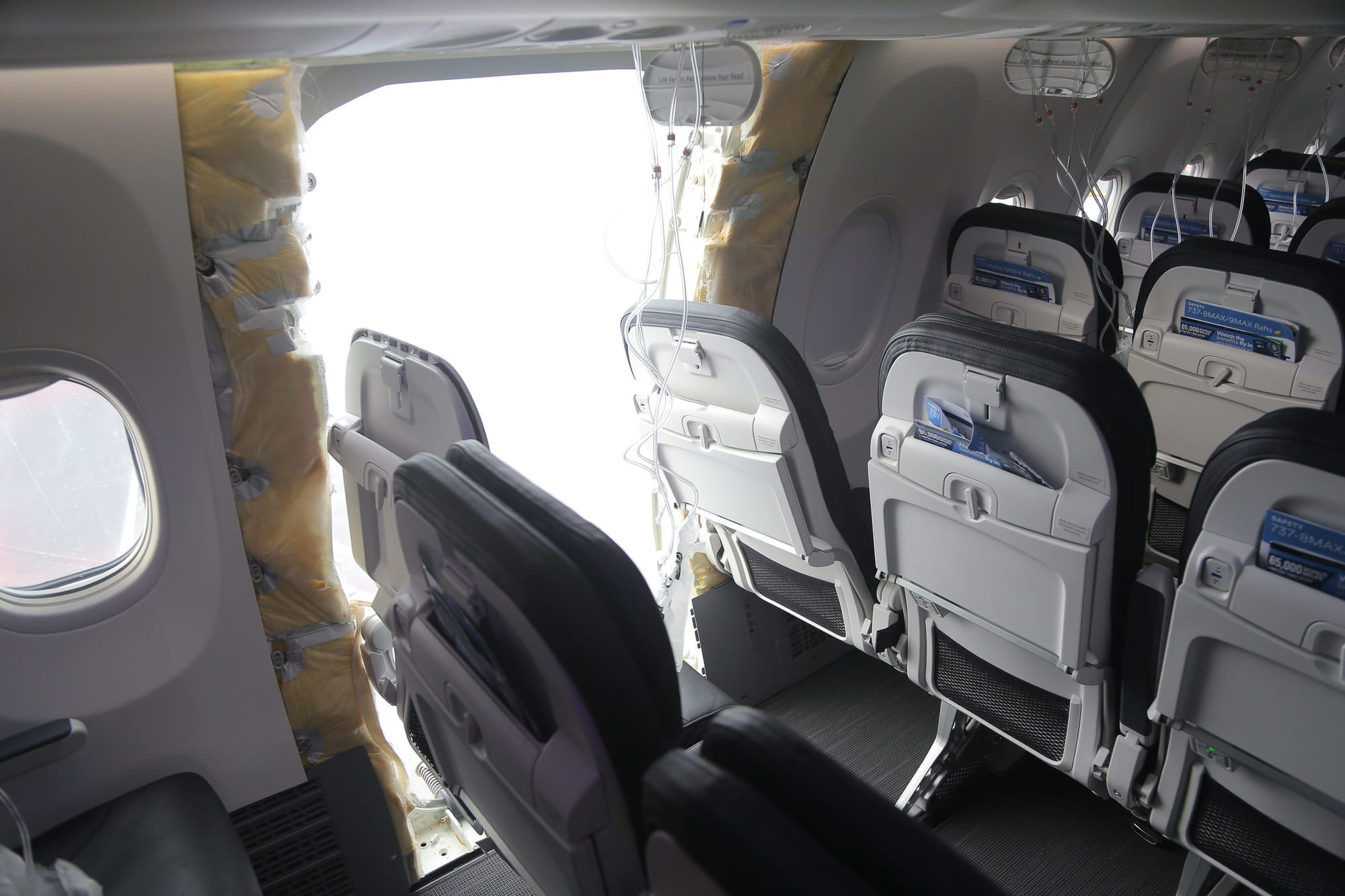
Despite the 737 MAX's return to service, lingering safety concerns persist. The design limitations inherent in the 737's aging architecture necessitated the development of MCAS, a system relying on a single sensor. This raises questions about the aircraft's inherent stability and the potential for future single-point failures. Additionally, the public remembers the crashes vividly, and a segment of travelers remains wary of flying on the 737 MAX.
Management Missteps and a Tarnished Reputation
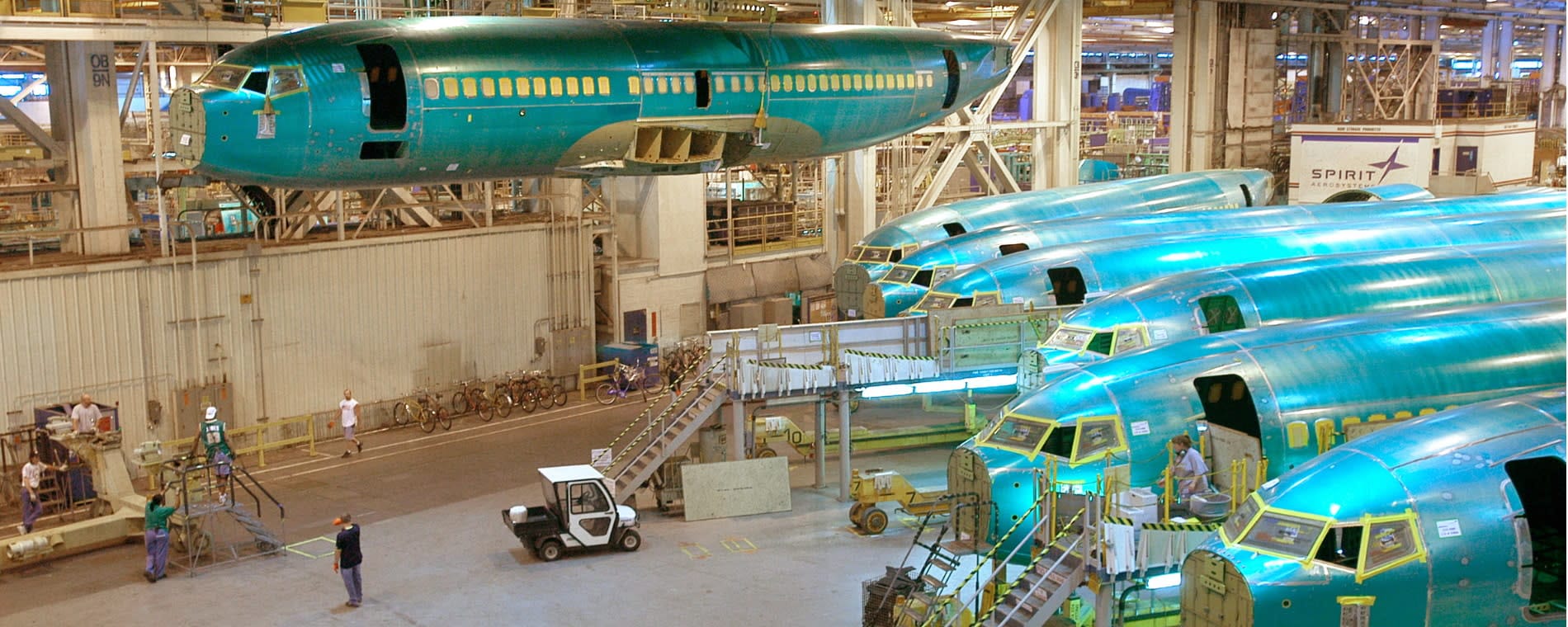
Boeing's handling of the 737 MAX crisis further complicates the picture. The company's focus on cost-cutting and aggressive production schedules have been cited as contributing factors to the problems with the aircraft. Congressional investigations revealed a culture that prioritized profit over safety, raising concerns about Boeing's commitment to upholding the highest standards.
These management missteps tarnished Boeing's reputation and eroded trust with airlines and the public. Rebuilding trust is a long and arduous process, and continued reliance on an aging platform like the 737 may not be the best way to achieve it.
Technological Advancements Leave the 737 Behind

The aviation industry is constantly evolving, and newer, more fuel-efficient aircraft are entering the market. Airbus, Boeing's main competitor, has invested heavily in the A320neo family, which boasts superior fuel efficiency and longer range compared to the 737 MAX. Airlines are increasingly looking towards these newer, more economical options, putting pressure on the 737's market share.
The 737, despite upgrades, struggles to match the fuel efficiency of its competitors. Airlines operate on tight margins, and the rising cost of fuel is a major concern. The 737's operational costs may become increasingly prohibitive compared to newer offerings.
Public Perception: A Hurdle for the 737 MAX's Future
The public's perception of the 737 MAX will play a significant role in its future success. The crashes and the subsequent revelations of Boeing's handling of the crisis have created a negative association with the aircraft. While airlines may be willing to overlook this for economic reasons, passengers have more choice.
Travelers increasingly prioritize safety and may actively avoid flying on the 737 MAX. This could lead to lower passenger loads and ultimately, reduced profitability for airlines operating the aircraft.
Time for a New Chapter: Investing in the Future
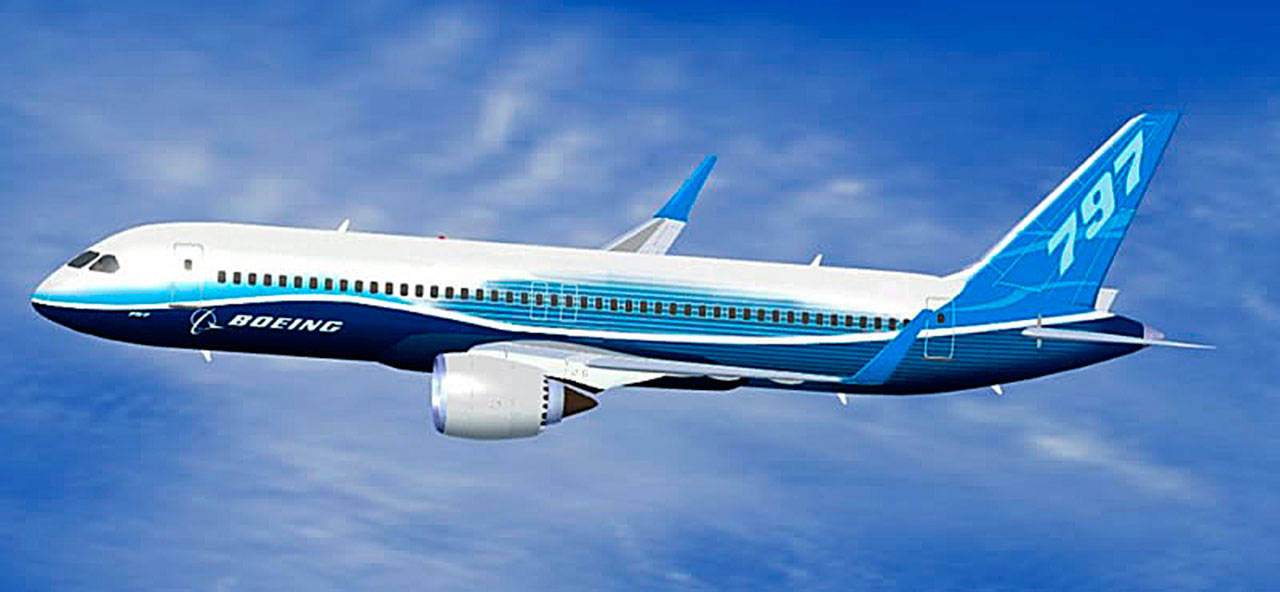
Boeing's continued focus on the 737, particularly the MAX variant, raises questions about the company's vision for the future. While the 737 has served airlines and passengers well for decades, clinging to an aging design may not be the best long-term strategy.
Investing in a clean-sheet design, one that incorporates the latest advancements in aerodynamics, materials science, and engine technology, would be a stronger move. Such an aircraft could offer superior fuel efficiency, longer range, and potentially lower operating costs, making it a more attractive proposition for airlines. Additionally, a new design would allow Boeing to move past the tarnished reputation of the 737 MAX and showcase its commitment to safety and innovation.
A Legacy to Honor, But a Future to Build
The Boeing 737 undeniably revolutionized air travel. However, the time may have come for Boeing to acknowledge the limitations of this aging design. The 737 MAX's troubled history and even present problems show that the plane is not a viable platform anymore. Boeing needs to create a new airplane fully optimized for current technological advancements and engine preformance.




